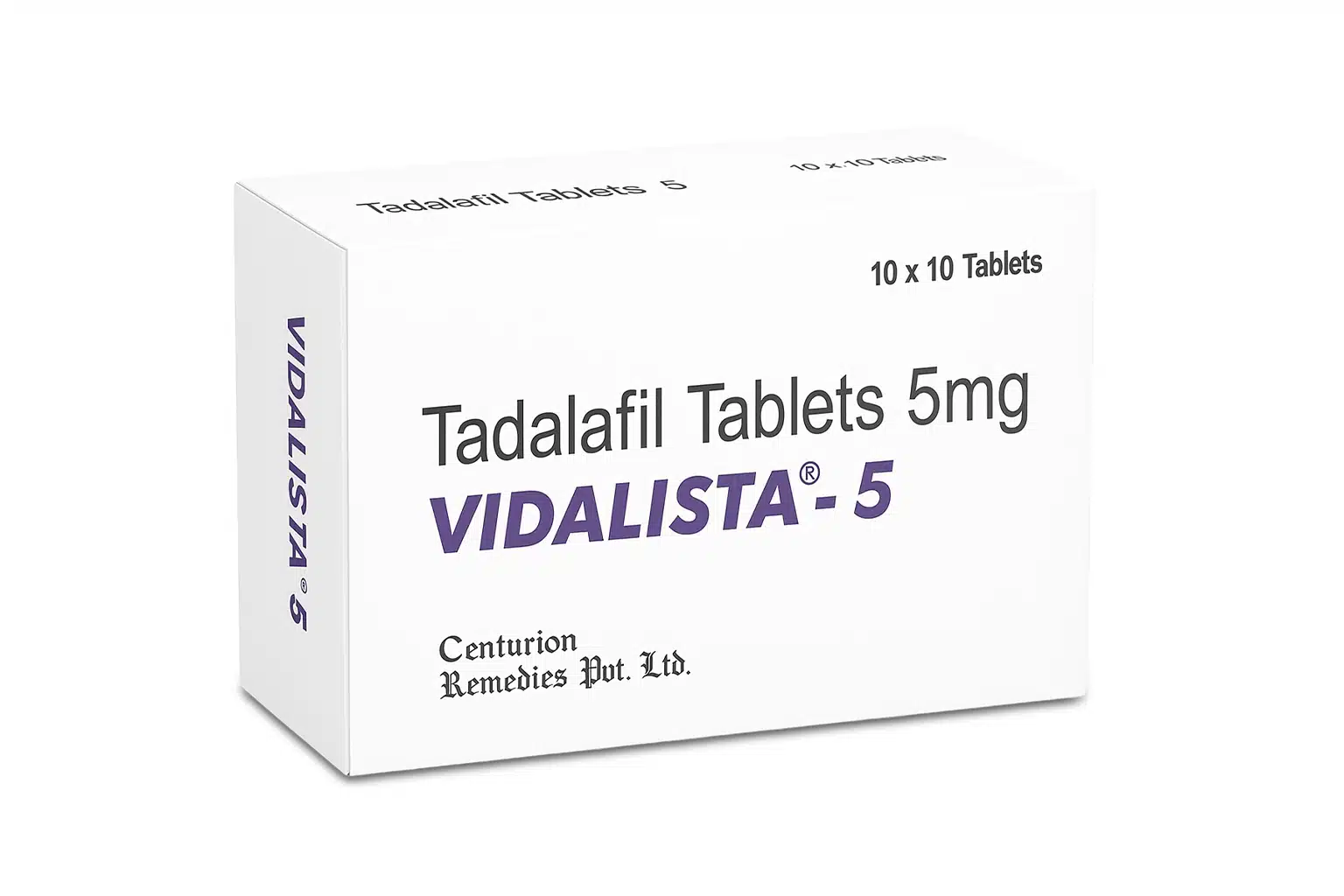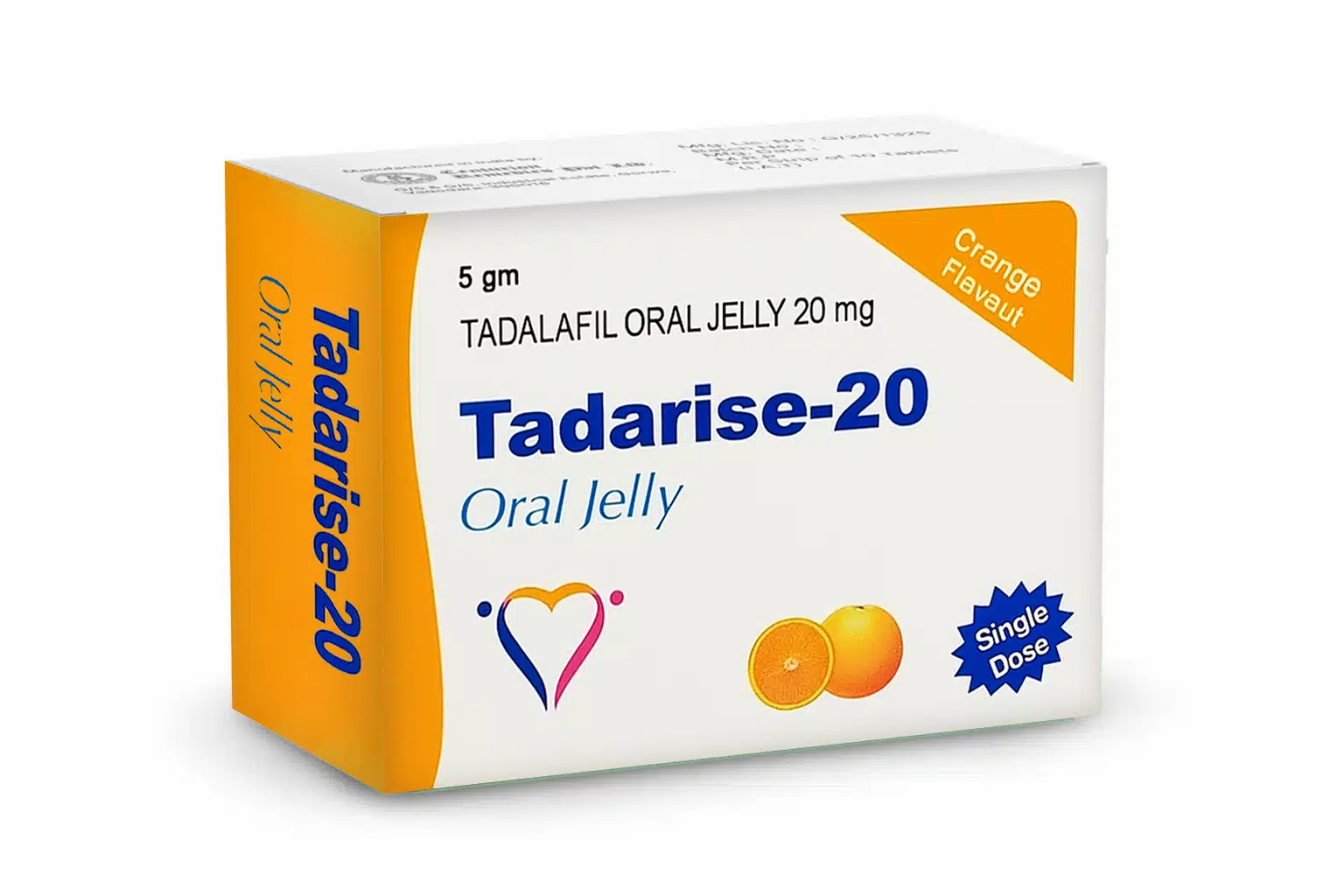There’s no single universal answer. Religions and denominations disagree (some call it sinful, some don’t treat it as a specifically named sin), while modern medicine treats masturbation as a normal, usually healthy sexual behavior — except when it becomes compulsive or tied to harmful things (e.g., non-consensual acts, compulsive porn usage that disrupts life). If you’re asking “is masturbation a sin?” — the correct next question is: “According to which religious, cultural, or personal moral system?” Religion, scripture interpretation, and clinical science each bring a different lens.
What do we mean by masturbation / “self-pleasure”?
Masturbation (also called self-pleasure, jerking off, jacking off, wanking, pleasuring yourself) is the deliberate stimulation of one’s own genitals for sexual pleasure, which may or may not end in orgasm. It can be done with hands, fingers, sex toys, or other means. The medical and sexual-health communities define it as a normal form of human sexual expression.
A short history: why this question is so old and so loud
People have worried about masturbation for centuries. In the West, from ancient times through the 19th century, cultural attitudes changed a lot — sometimes seen as morally trivial, sometimes as a serious vice. The term “onanism” (from the Bible story of Onan in Genesis 38) historically got attached to masturbation, though biblical scholars point out that the Onan story is about refusal of levirate duty and preventing offspring, not literally modern masturbation. Over time, religious leaders, doctors, and moralists offered competing explanations: spiritual corruption, physical harm, weakness of character, or simply a private, harmless activity. Modern medicine has largely rejected claims of physical harm from ordinary masturbation.
How major religious traditions view masturbation
Religions are not monolithic. Within Christianity, Islam, and Judaism, views vary by denomination, school of law, teacher, and era. Here are simplified summaries — I’ll unpack each after this list.
- Catholicism (official teaching): The Catechism describes masturbation as “an intrinsically and gravely disordered action” when done deliberately for sexual pleasure (though pastoral contexts and discussions about culpability are complex).
- Many Protestant traditions: Views range from calling masturbation sinful (especially if lustful fantasy or addiction is involved) to seeing it as morally neutral or even a lesser evil for singles. There is no single Protestant consensus.
- Judaism (traditional/Orthodox): Classical halachic sources treat intentional spilling of semen (zera le-vatala, “wasting seed”) as forbidden — mostly a male-focused prohibition. Reform and liberal Jewish movements are often more permissive.
- Islam: Most classical jurists consider masturbation prohibited or at least strongly discouraged, but many schools allow it as the lesser evil if it prevents zina (fornication/adultery) or in situations of necessity — there’s diversity across Hanafi, Shafi‘i, Maliki, Hanbali, and Shia juristic opinions.
- Science/medicine: Modern medical and mental-health authorities treat masturbation as a normal sexual behavior with benefits (stress relief, improved sleep, sexual self-knowledge). Problems arise when it’s compulsive, interferes with life, or is linked with unhealthy pornography use.
Best Seller
-
Cenforce 100 Mg
Best Seller$24.00 – $215.00Price range: $24.00 through $215.00Rated 5.00 out of 5Shop Now This product has multiple variants. The options may be chosen on the product page -
Vidalista 5 Mg
Best Seller$18.00 – $182.00Price range: $18.00 through $182.00Rated 4.00 out of 5Shop Now This product has multiple variants. The options may be chosen on the product page -
Vidalista 40 Mg
Best Seller$28.00 – $276.00Price range: $28.00 through $276.00Rated 4.00 out of 5Shop Now This product has multiple variants. The options may be chosen on the product page -
Cenforce 200 Mg
best sellers$31.00 – $335.00Price range: $31.00 through $335.00Rated 4.00 out of 5Shop Now This product has multiple variants. The options may be chosen on the product page -
Cenforce Fm
Best Seller$33.00 – $218.00Price range: $33.00 through $218.00Rated 4.00 out of 5Shop Now This product has multiple variants. The options may be chosen on the product page -
Kamagra 100 mg
best sellers$24.00 – $125.00Price range: $24.00 through $125.00Rated 5.00 out of 5Shop Now This product has multiple variants. The options may be chosen on the product page -
Fildena 100 mg
best sellers$24.00 – $244.00Price range: $24.00 through $244.00Rated 4.00 out of 5Shop Now This product has multiple variants. The options may be chosen on the product page -
Malegra Oral Jelly 100 Mg
Best Seller$8.00 – $44.00Price range: $8.00 through $44.00Rated 5.00 out of 5Shop Now This product has multiple variants. The options may be chosen on the product page -
Super Kamagra Oral Jelly
Best Seller$25.00 – $120.00Price range: $25.00 through $120.00Rated 4.00 out of 5Shop Now This product has multiple variants. The options may be chosen on the product page -
Tadarise Oral Jelly
Best Seller$19.00 – $72.00Price range: $19.00 through $72.00Rated 4.00 out of 5Shop Now This product has multiple variants. The options may be chosen on the product page -
Careforce 200 Mg
Best Seller$29.00 – $332.00Price range: $29.00 through $332.00Rated 5.00 out of 5Shop Now This product has multiple variants. The options may be chosen on the product page -
Stallegra 100 Mg
best sellers$88.00 – $224.00Price range: $88.00 through $224.00Rated 5.00 out of 5Shop Now This product has multiple variants. The options may be chosen on the product page -
Exclusive
Aurogra 100 Mg
best sellers$29.00 – $76.00Price range: $29.00 through $76.00Rated 4.00 out of 5Shop Now This product has multiple variants. The options may be chosen on the product page -
Priligy 30mg
best sellers$22.00 – $156.00Price range: $22.00 through $156.00Rated 4.00 out of 5Shop Now This product has multiple variants. The options may be chosen on the product page
Christianity: Is masturbation a sin in the Bible or in Christianity?
Short answer: The Bible does not explicitly mention masturbation. Christian positions, therefore, come from broader sexual ethics, biblical principles about lust, and tradition.
- Catholic position: The Catechism of the Catholic Church explicitly calls masturbation “the deliberate stimulation of the genital organs to derive sexual pleasure” and judges it contrary to the purpose of sexual acts, labeling it gravely disordered — though it also recognizes that factors (emotional immaturity, habit, fear, pressure) can reduce personal culpability, and pastoral responses emphasize mercy and guidance.
- Evangelical and conservative Protestant voices: Many conservative pastors and writers (for example, some pieces on Desiring God) argue that masturbation expresses lust and therefore is sinful. For them, Matthew 5:27-28 (Jesus on lust) and the ideal of sexual expression inside marriage shape the view that intentional orgasm outside marriage is wrong.
- Mainline Protestant and liberal approaches: Groups like the more liberal wings of the Presbyterian Church (USA) and some Anglican circles have called for less shame and more pastoral care; some official statements ask churches to “repudiate historically damaging attitudes toward masturbation” and to teach healthy sexual development. Other Protestant denominations have no settled official position.
- What about “is it a sin to jack off” or “is it ok for a Christian to masturbate”? That depends on the theological framework and conscience. For many Christians, the crucial questions are: does the act involve lustful fantasies about others (especially where it objectifies someone), does it dominate or harm relationships, and does it come from a desire to disobey God’s call to sexual purity? If so, pastoral counselors often treat it as a sin pattern to work through. If it’s a private, non-pornographic act that doesn’t lead to harm, some Christian pastors counsel grace and non-shaming guidance while still encouraging growth in self-control.
Judaism: Is masturbation a sin in Jewish law?
Traditional Orthodox Jewish law treats the intentional wasteful emission of semen (zera le-vatala) as prohibited and historically severe. Classical sources (Talmud, Rambam, Shulchan Aruch) discuss the prohibition, often focused on male masturbation and on preserving seed for procreation. Many rabbinic texts portray it strongly, though practical rabbinic advice can range from strict prohibition to guidance on avoiding greater sins (e.g., engaging in sexual immorality). Reform and Reconstructionist communities typically take a more permissive, health-and-context approach.
So answers to “is masturbation a sin” or “is it a sin to pleasure yourself as a woman” within Judaism depend very much on whether you’re asking an Orthodox halachic perspective (generally prohibitive for men) or a liberal Jewish perspective (often more permissive and health-focused). Note: Much of classical Jewish law focuses on male emission; female masturbation is often treated differently in historical texts because of the way sources link prohibition to semen emission.
Islam: Is masturbation haram?
Islamic jurists do not all agree in one voice. The Qur’an doesn’t explicitly mention masturbation; classical scholars relied on hadiths, analogy, and principles about chastity:
- Majority classical opinion: Many jurists and contemporary fatwas consider masturbation generally prohibited (haram) but allow exceptions in cases of necessity (for example, to avoid zina — unlawful sex). Different schools give different emphases (Maliki/Shafi‘i often stricter; Hanafi and Hanbali sometimes allow in extreme need). Contemporary jurists like those answering at IslamQA and IslamWeb reflect this majority-with-exceptions position.
- Practical pastoral approach: In practice, many Muslim scholars advise avoiding masturbation while acknowledging human weakness and recommending marriage or lawful outlets; when someone fears falling into greater sin, a few jurists consider masturbation the lesser evil. As with other traditions, personal conscience and community teaching matter.
Science and medicine: Is masturbation bad for your body or mind?
Modern science says: No, masturbation is usually normal and healthy. There’s a large consensus among major medical and sexual-health organizations that masturbation is a regular part of sexual life for many people and has health benefits:
- Physical and mental benefits: Masturbation can reduce stress, help with sleep, relieve menstrual cramps for some women, release endorphins/oxytocin, and help people learn what they enjoy sexually. Clinical sources (Cleveland Clinic, Planned Parenthood, NHS-style sexual health services) describe it as safe and healthy when not compulsive.
- When it becomes a problem: Compulsive sexual behavior — where masturbation interferes with relationships, work, or mental health — is a clinical issue and should be addressed with professional help. Also, frequent masturbation with heavy porn use has been linked in some studies to sexual dissatisfaction or erectile dysfunction in certain men (the evidence is mixed and evolving). Health practitioners caution about pornography-driven patterns that change sexual response.
- Fertility myths: Ordinary masturbation doesn’t cause infertility or general physical damage. Concerns that it “drains energy” or causes disease are myths; medical literature finds no evidence of such effects.
Comparing Islam, Christianity, Judaism, and Science on masturbation
Different traditions respond to the same behavior through different lenses. Christianity (especially Catholicism and many conservative Protestants) often treats masturbation as morally problematic because it separates sexual pleasure from marital union and can involve lust; other Christian groups take a pastoral, less condemning approach. Judaism’s classical halakhic tradition forbids intentional “wasting seed” for men, while liberal Jewish movements emphasize context and health. Islamic jurisprudence leans toward prohibition in normal circumstances, with allowances in necessity or to prevent a greater sin; there’s variation by school. Science and medicine treat masturbation as a normal sexual behavior with benefits and few physical harms, warning mainly about compulsive behavior and pornography-driven problems. The upshot: religion concentrates on meaning and moral order, law interprets scripture/tradition, and science studies health and function — together they give a fuller picture for anyone wrestling with “is touching yourself a sin” or “is it wrong to masturbate.”
Practical, non-judgmental guidance (if you’re struggling with guilt or habit)
If you come from a religious background and feel guilt about masturbation, or if you’re concerned it’s harming your life, here’s a practical run-down:
- Separate facts from feelings. Religious teaching, cultural shame, and personal guilt can all mix. Learn what your tradition actually says (ask a trusted clergyperson/teacher), and check health facts with reliable medical sources.
- Ask: Is it harming you or others? If it’s private, occasional, not tied to compulsive porn use, and doesn’t disrupt relationships or responsibilities, medical experts generally call it normal. If it’s obsessive, shame-driven, or paired with harmful behaviors, seek help.
- If your faith teaches it’s wrong, many religious counselors recommend compassionate steps: confession/repentance if that’s part of your faith, practical strategies to reduce temptation (habit replacement, accountability partners, therapy), and focusing on positive sexual ethics in relationships. Many faith communities have confidential pastoral care available.
- If pornography is involved and you’re worried about sexual function or addiction, consider limits, filters, therapy, or support groups (professionals and peer groups exist). Evidence suggests problematic porn use is the driver in many sexual-difficulty cases, not the physical act of masturbation itself.
- Be honest with a clinician if needed. If you suspect compulsive behavior or sexual dysfunction (e.g., erectile issues, relationship impact, inability to stop), a psychiatrist, sex therapist, or urologist can help with diagnosis and treatment plans.
Is pleasuring yourself against the Bible?
There is no explicit biblical verse that says “thou shalt not masturbate.” Christian arguments about masturbation typically rely on broader teachings (lust, sexual activity’s purpose, faithfulness) and on traditional interpretations (for example, readings of Onan). So the Bible is silent in plain language; what matters is how a faith community interprets that silence in light of its sexual ethics.
Masturbation and Creativity
One overlooked angle in the discussion of masturbation is its relationship with creativity and problem-solving. While most resources focus on guilt, sin, or health, there is emerging research suggesting that sexual release — including through masturbation — may influence how people think and create. The dopamine and oxytocin released after orgasm can alter brain chemistry in ways that temporarily reduce stress and allow freer thinking. Writers, artists, and innovators throughout history have quietly acknowledged that self-pleasure sometimes acted as a pressure valve, helping them return to work with clarity. While science hasn’t deeply studied “masturbation as a creativity tool,” anecdotal evidence from both men and women suggests it can break mental blocks. In this light, masturbation is not only a private act but potentially a subtle contributor to human productivity and artistic expression — a perspective almost entirely missing from mainstream religious or medical conversations.
Masturbation and Cultural Silence
Another under-discussed layer is how cultural silence about masturbation shapes people’s mental health. In many societies, young people grow up with almost no direct conversations about self-pleasure, except warnings that it is sinful, dirty, or harmful. This silence often breeds shame, secrecy, and misinformation. Paradoxically, when something is hidden or labeled taboo, it often becomes more powerful in the imagination — leading to cycles of guilt and compulsion. By contrast, cultures or families that treat masturbation as a normal, private matter often raise adults with healthier attitudes toward sexuality and relationships. The silence itself can be more damaging than the act, especially in religious or conservative households where questions are not answered openly. Breaking this silence with balanced, respectful conversations could reduce shame and help people integrate sexuality into their lives without fear.
Women and masturbation: Is it a sin to pleasure yourself as a woman?
Historically, many religious texts and legal discussions focused on male semen emission, so female self-pleasure was often treated differently or overlooked. Today, most modern medical and many faith conversations recognize female sexual agency and health. How women are treated in specific faiths varies: Orthodox Judaism’s classical texts focus on men, whereas Christian traditions vary widely in their views, from categorical prohibition to pastoral flexibility, and the Islamic position on this is that pleasing yourself as a woman or a man is totally haram. The main ethical questions people raise are similar for all genders: is the action causing harm, is it tied to lustful objectification, and how does it fit into one’s moral life?
Comparison Table: Masturbation in Religion vs Science
Perspective | Core Belief / Teaching | Scriptural / Doctrinal Basis | View on Sinfulness | Modern Practical Guidance |
Christianity | Varies: Catholicism and many Evangelicals call it sinful; liberal denominations are more permissive. | Not explicitly in the Bible; often tied to Matthew 5:28 (lust), Onan (Genesis 38), and Church tradition. | Catholic Catechism: “intrinsically and gravely disordered.” Many Protestants: sinful if lustful; others: morally neutral. | Some pastors emphasize repentance, sexual purity, or accountability; liberal groups encourage non-shaming sex education. |
Judaism | Orthodox halacha prohibits male “wasting of seed”; Reform/Conservative movements are more flexible. | Talmud, Rambam, Shulchan Aruch — focus on “zera le-vatala” (wasting semen). | Generally sinful for men in Orthodox tradition; less focus on women. Liberal Judaism: often neutral or health-focused. | Guidance varies by denomination: strict prohibitions in Orthodoxy, health and personal well-being emphasized in Reform/Conservative. |
Islam | Majority opinion: haram (forbidden) except in necessity; minority: makruh (discouraged) but allowed. | Qur’an (indirect references), Hadith, juristic interpretation. | Considered sinful in most schools; sometimes tolerated as “lesser evil” to prevent zina (fornication/adultery). | Scholars recommend marriage, fasting, or self-control; some permit it if avoiding greater sin. |
Science/Medicine | Seen as a normal, healthy sexual activity when not compulsive. | N/A (based on medical studies). | Not considered sinful or harmful. | Encouraged as a safe form of sexual expression; advised moderation if compulsive or porn-driven |
Common myths
- “Masturbation causes blindness, insanity, or infertility.” False. Medical evidence doesn’t support these claims.
- “The Bible calls Onan’s death punishment because he masturbated.” Misreading: Biblical scholars point out that Onan’s sin was refusal to give offspring to his brother’s widow (levirate duty) and selfishness, not masturbation as we define it.
- “Masturbation is always sinful in every Christian church.” Not true. Churches differ widely; some condemn, some counsel moderation and pastoral care, and some avoid a strict ruling.
If you’re religious and uncertain: short pastoral-style steps
- Read your tradition’s official teaching (e.g., the Catechism, rabbinic rulings, fatawa) and talk to a trusted, compassionate leader.
- Consider the role of intention, addiction, and external harms. If the act fuels wrongdoing (porn, objectification, secrecy that damages relationships), address the root cause.
- If guilt is overwhelming, seek pastoral counseling and/or a mental-health professional; many faith communities and therapists specialize in sexual ethics and recovery.
Final thoughts — how to decide for yourself
This question blends theology, ethics, culture, and health. If a faith tradition guides your life, learn what that tradition actually teaches (not just what gossip or old stories claim), and talk with a compassionate leader who understands both the tradition and the realities of human sexuality. If your concern is health or behavior, consult doctors or licensed therapists. If you feel confused, remember: moral life often involves wrestling honestly — and most communities prefer honesty, repentance where needed, and practical help over shame.
FAQs
Q: Is masturbation a sin?
A: It depends on your moral framework. Religions differ; medicine treats it as generally healthy unless compulsive.
Q: Is masturbation a sin in the Bible?
A: The Bible does not explicitly mention masturbation; interpretations rely on broader passages about lust and sexual morality.
Q: Is masturbation a sin in Christianity?
A: Some Christian traditions call it sinful (especially when tied to lust), others emphasize pastoral care and do not make an absolute rule.
Q: Is masturbation a sin in Islam?
A: Most Islamic jurists say it’s forbidden, though many allow it as the lesser evil in cases where it prevents a greater sin like zina. Opinions vary by school.
Q: Is masturbation a sin in Judaism?
A: Traditional Orthodox law forbids male masturbation as “wasting seed”; liberal Jewish movements are more permissive and focus on context.
Q: Does masturbation harm fertility or health?
A: Ordinary masturbation does not cause long-term physical harm or infertility. It has documented benefits, like stress relief and improved sleep.
Q: Can masturbation cause erectile dysfunction?
A: Masturbation itself is not a standard cause of ED. However, compulsive porn-driven masturbation patterns have been linked to sexual dysfunction in some studies.
Q: Is it wrong to finger yourself (as a woman)?
A: From a medical perspective, no — it’s a normal way to explore sexual pleasure. Religious answers vary by tradition.
Q: How do I stop compulsive masturbation?
A: Ask a mental-health professional or sex therapist for help. Practical steps include replacing triggers, limiting porn, building routines, and seeking support groups.
Q: Is self-pleasure a sin if I’m single?
A: Different traditions answer differently. Many modern pastoral counselors focus on harmful patterns (compulsion, porn) rather than a single act.
References (selected sources used in this article)
- Catechism of the Catholic Church — Section on chastity, paragraph 2352 (definition and teaching on masturbation). Vatican
- Planned Parenthood — “Is Masturbation Healthy?” (patient education). Planned Parenthood
- TheTorah.com — “Does the Torah Prohibit Male Masturbation?” (overview of Jewish sources). The Torah
- My Jewish Learning — “What Does Judaism Say About Masturbation?” (accessible summary). My Jewish Learning
- IslamQA / IslamWeb (representative fatwas and answers) — discussions about permissibility, exceptions and juristic diversity. Islam-QA
- Desiring God (John Piper and related essays) — conservative evangelical discussion on masturbation and lust. Desiring God
- “Is Internet Pornography Causing Sexual Dysfunctions? A Review” — academic review on pornography and sexual dysfunction (PMC). PMC
- “The Health Benefits of Sexual Expression” — review article (PMC) summarizing benefits such as improved sleep and stress reduction. PMC















